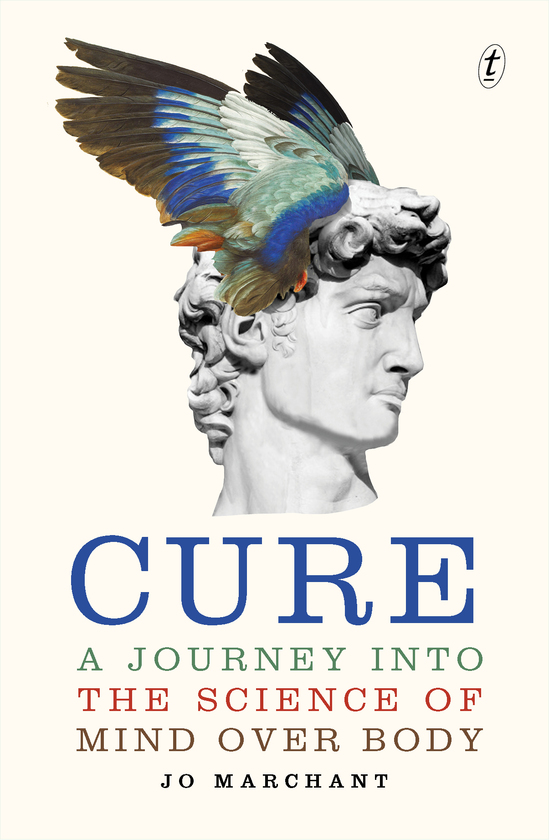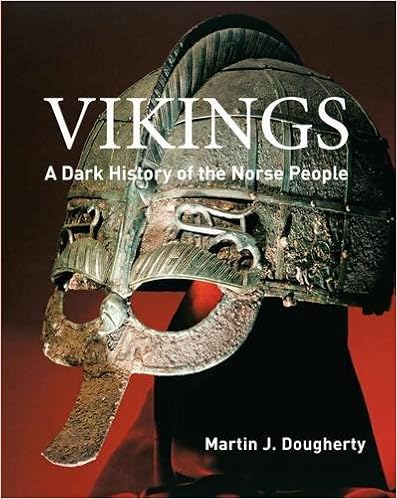 This is a book that has the potential to help creative writers ‘make knowledge festive’ in the process of creating their research projects. It is structured logically so as to make for optimal comprehension. It is superbly written and gives exciting examples of writers and books that illustrate the process of researching creative writing and writing as research.
This is a book that has the potential to help creative writers ‘make knowledge festive’ in the process of creating their research projects. It is structured logically so as to make for optimal comprehension. It is superbly written and gives exciting examples of writers and books that illustrate the process of researching creative writing and writing as research.
Category: Non fiction reviews
A review of Cure by Jo Marchant
 Marchant’s extensive tour of a range of placebo based trials around the world where doctors and patients who are seeing powerful results (thereby perhaps changing the whole meaning of the word “placebo”) on some previously intractable conditions. It’s not just the “power of positive thinking”, but actual real chemicals such as endorphins, dopamines, and hormones being released in response to a number of different stimulations.
Marchant’s extensive tour of a range of placebo based trials around the world where doctors and patients who are seeing powerful results (thereby perhaps changing the whole meaning of the word “placebo”) on some previously intractable conditions. It’s not just the “power of positive thinking”, but actual real chemicals such as endorphins, dopamines, and hormones being released in response to a number of different stimulations.
The UK’s In-Out Referendum by David Owen
 At last, a grown-up book about the issue of the moment. David Owen’s booklet was written before David Cameron had completed his renegotiation, so-called, of Britain’s EU membership. Since then Owen has come out in favour of leaving the EU, a clear indication that he doesn’t believe the prime minister has got a good enough deal.
At last, a grown-up book about the issue of the moment. David Owen’s booklet was written before David Cameron had completed his renegotiation, so-called, of Britain’s EU membership. Since then Owen has come out in favour of leaving the EU, a clear indication that he doesn’t believe the prime minister has got a good enough deal.
A review of Plain-Speaking Jane by Jane Caro
Regardless of how deeply Caro looks within for answers, what she never does is apologise. There’s absolutely no shame here—not of her mental health issues, her parenting, her outspokenness, her relationship choices, her political affiliations, her atheism, her engagement in public conversation or her career choices. By not apologising, even as she shares her worst mistakes, Caro encourages her readers to show compassion to themselves.
A review of The Odd Woman and the City by Vivian Gornick
 What we’re celebrating most of all in The Odd Woman and the City, is our mutual humanity: all those wonderful discordant notes, all of the flaws, and all of our failures. We love, we lose, and in these gaps, in these surprises, we make our art, our lives, our meaning.
What we’re celebrating most of all in The Odd Woman and the City, is our mutual humanity: all those wonderful discordant notes, all of the flaws, and all of our failures. We love, we lose, and in these gaps, in these surprises, we make our art, our lives, our meaning.
A review of Good Globe by Shelby Simpson
 Simpson’s writing style is informal and conversational—the entire book reads like a girlfriend recounting tales of her latest travel adventures over a few cocktails on a night out. The way Simpson tells it, hopping on a plane to an exotic locale is No Big Deal—if you do it right. She stresses that traveling takes some advance budgeting and planning, but when you reach your destination, there’s a lot to be said for taking each day as it comes.
Simpson’s writing style is informal and conversational—the entire book reads like a girlfriend recounting tales of her latest travel adventures over a few cocktails on a night out. The way Simpson tells it, hopping on a plane to an exotic locale is No Big Deal—if you do it right. She stresses that traveling takes some advance budgeting and planning, but when you reach your destination, there’s a lot to be said for taking each day as it comes.
A review of Big Magic by Elizabeth Gilbert
 Gilbert’s book – so full of soundbites it’s almost impossible not to begin quoting it immediately – urges readers to pursue a creative life, without becoming bogged down by questions of talent, and by all-pervasive fear. Creativity is its own end, and Gilbert suggests that it’s the birthright of all human beings. So clear and compelling is Gilbert’s argument, that, after reading Big Magic, it feels greedy not to write; guilty not to paint; wrong to let one’s creativity submerge into the busyness of life’s daily demands.
Gilbert’s book – so full of soundbites it’s almost impossible not to begin quoting it immediately – urges readers to pursue a creative life, without becoming bogged down by questions of talent, and by all-pervasive fear. Creativity is its own end, and Gilbert suggests that it’s the birthright of all human beings. So clear and compelling is Gilbert’s argument, that, after reading Big Magic, it feels greedy not to write; guilty not to paint; wrong to let one’s creativity submerge into the busyness of life’s daily demands.
A review of The Argonauts by Maggie Nelson
 Though there’s much about the book that could be (and has been) called radical, in terms of the way the book resists any kind of classification and subverts definitions that have long had specific meanings associated with them, and in terms of the dramatic physical transformations that are undergone by the characters through the book. Yet what comes through for me is how tender and universal a love story The Argonauts is.
Though there’s much about the book that could be (and has been) called radical, in terms of the way the book resists any kind of classification and subverts definitions that have long had specific meanings associated with them, and in terms of the dramatic physical transformations that are undergone by the characters through the book. Yet what comes through for me is how tender and universal a love story The Argonauts is.
A review of Vikings by Martin J Dougherty
 That Dougherty is a historian is evident in this work. Filled with maps, photographs and graphics; Dougherty treats the reader to an eye-appealing, gratifying volume regarding the fundamentals of Viking life, history and a broad spectrum of activities carried out for the duration of the period. Vikings provides a robust overview of a fascinating people whose life, culture, accomplishments and behaviors have colored much of the world and have left an indelible mark on those of us who descend from the settlement areas colonized by them.
That Dougherty is a historian is evident in this work. Filled with maps, photographs and graphics; Dougherty treats the reader to an eye-appealing, gratifying volume regarding the fundamentals of Viking life, history and a broad spectrum of activities carried out for the duration of the period. Vikings provides a robust overview of a fascinating people whose life, culture, accomplishments and behaviors have colored much of the world and have left an indelible mark on those of us who descend from the settlement areas colonized by them.
A review of In Praise of Stay-At-Home Moms by Dr. Laura Schlessinger
 Dr. Laura shows the many great rewards of motherhood through her own personal experiences as well as may other stay-at-home mothers. She and countless other women lovingly remember the smiles their children gave them, the silly behaviors of their children, and regular mother-child moments. Although Dr. Laura admits that there are some moments she wishes have never occurred, she is proud to say that being a mother is her greatest achievement.
Dr. Laura shows the many great rewards of motherhood through her own personal experiences as well as may other stay-at-home mothers. She and countless other women lovingly remember the smiles their children gave them, the silly behaviors of their children, and regular mother-child moments. Although Dr. Laura admits that there are some moments she wishes have never occurred, she is proud to say that being a mother is her greatest achievement.